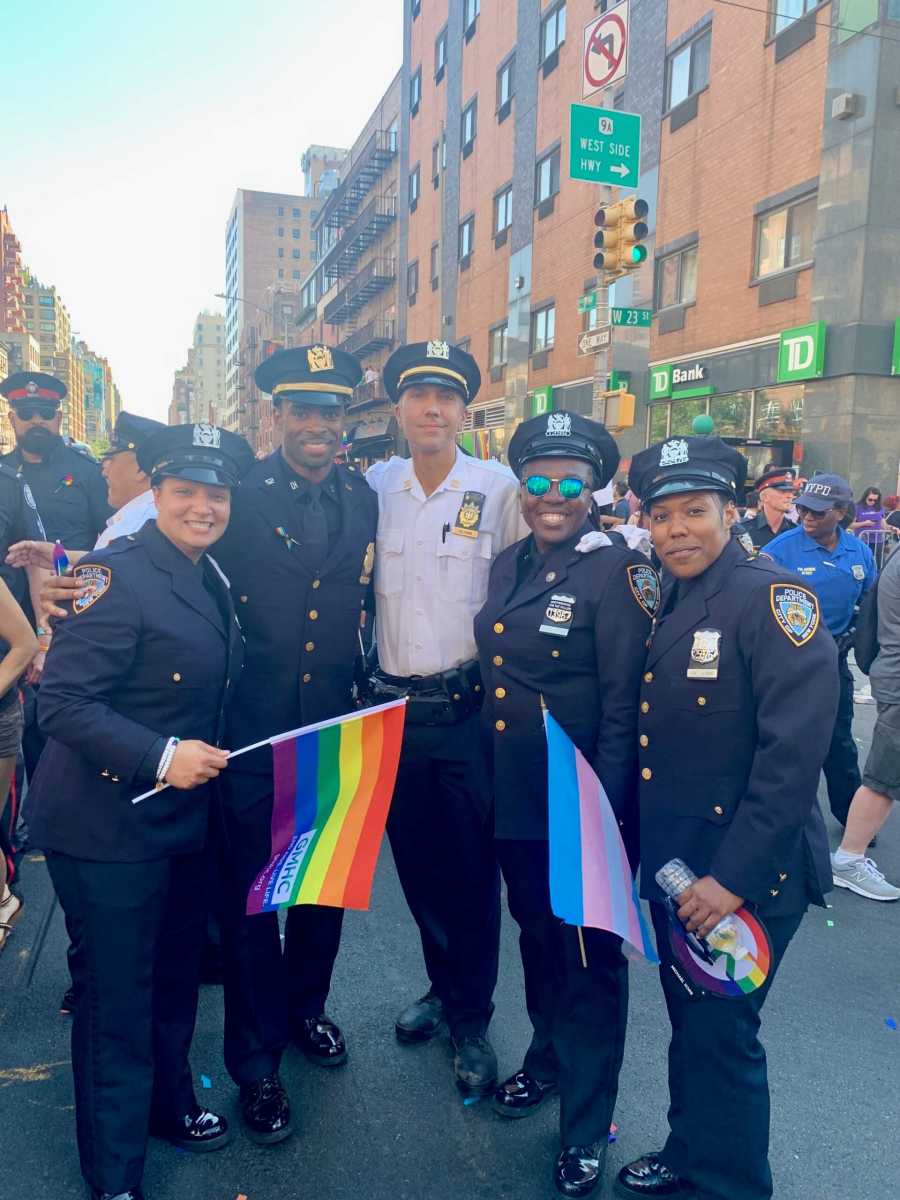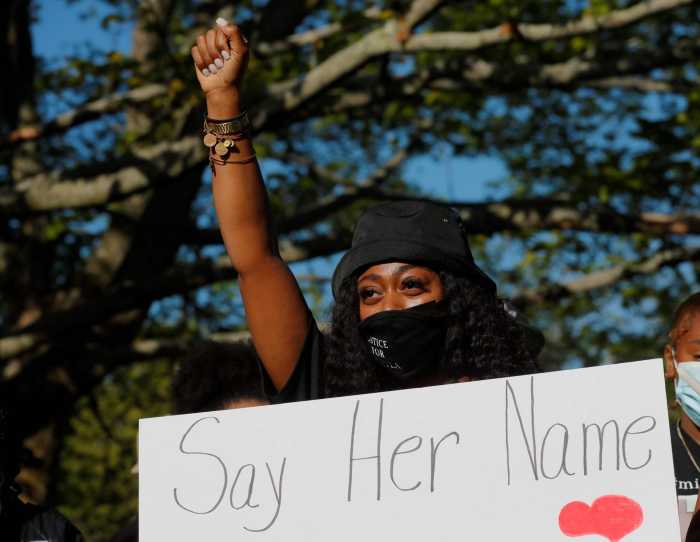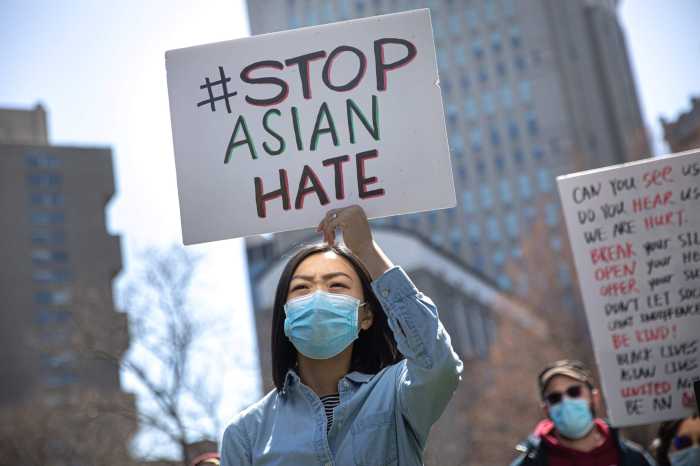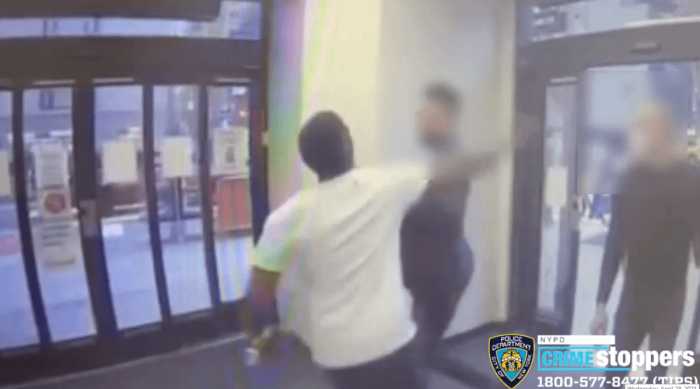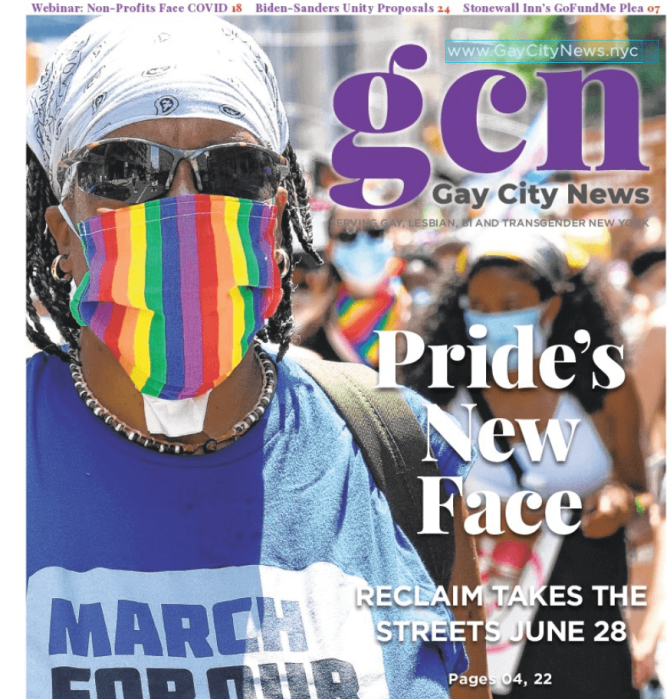I’ve been an openly gay police officer for nearly 18 years, including serving in Greenwich Village’s Sixth Precinct and as the commanding officer of Chelsea’s 10th Precinct. I joined the NYPD to make a difference, to help people, and to have a positive impact on the neighborhoods of New York City. The LGBTQIA+ members of the police department have indeed joined for the same reasons, and our representation within law enforcement only advances LGBTQIA+ equality.
I’ve marched in the NYC Pride Parade many times — in my NYPD uniform alongside the diverse membership of the Gay Officers Action League (GOAL) — so it came as shocking news when I heard that Heritage of Pride (HOP) actually made the decision to exclude members of their own community from participating in the annual NYC Pride March. While I recognize the strife the police have caused the LGBTQIA+ community, exclusion of LGBTQIA+ police officers from participating in the Pride Parade will not bring about safety or justice.
HOP “seeks to create safer spaces” for participants by preventing LGBTQIA+ police officers from marching in uniform. Although the decision may be grounded in good intentions, the exclusion of an entire occupation of LGBTQIA+ professionals in order to make some individuals feel more comfortable is exactly the dangerous kind of reasoning that leads to the marginalization of peoples. This line of thought, to afford some individuals more comfort at the expense of others, has been used to devalue factions of people throughout history. Deliberate exclusion is a form of punishment; it is harmful and dangerous. It teaches people that it is okay to ostracize people who are different. The line from one’s sense of safety to repressive marginalization is much shorter than we all think.
Representatives of HOP have asserted that police officers are “out of place” at a march tied to the brutal police response that led to the 1969 Stonewall riots. On the contrary, it is exactly for this reason why it is significant for LGBTQIA+ officers to march in the Pride Parade. In the decades since the Stonewall riots, courageous members of the LGBTQIA+ community have made the bold decision to openly serve as police officers, peace officers, and correction officers within public safety agencies across the United States. These officers have chosen a career of public service in a profession that has not always been tolerant or accommodating. LGBTQIA+ police officers are to be celebrated, not rejected. The mere presence of visible LGBTQIA+ individuals serving within the uniformed ranks of the police department demonstrates the progress of LGBTQIA+ inclusion and activism. It marks the advancement of a maturing society.
Like it or not, LGBTQIA+ police officers are part of the larger LGBTQIA+ community. LGBTQIA+ police officers face the same challenges as any other LGBTQIA+ individual. Though wearing a police uniform may preclude us from participating in the NYC Pride March, it does not make us exempt from hatred, bigotry, or inequity. LGBTQIA+ progress from within the NYPD is progress for the entire City of New York. HOP’s decision to exclude LGBTQIA+ officers turns this progress backward.
Rather than encouraging exclusion and vilification, our community should encourage LGBTQIA+ youth and young adults to join the NYPD. Continued positive change in policing will not come from prohibition, but rather from the inclusion and diversity of individuals who are willing to contribute in making a difference.
Kevin J. Coleman is a deputy inspector in the NYPD currently assigned to Patrol Borough Bronx and a lifetime member of the Gay Officers Action League (GOAL).

